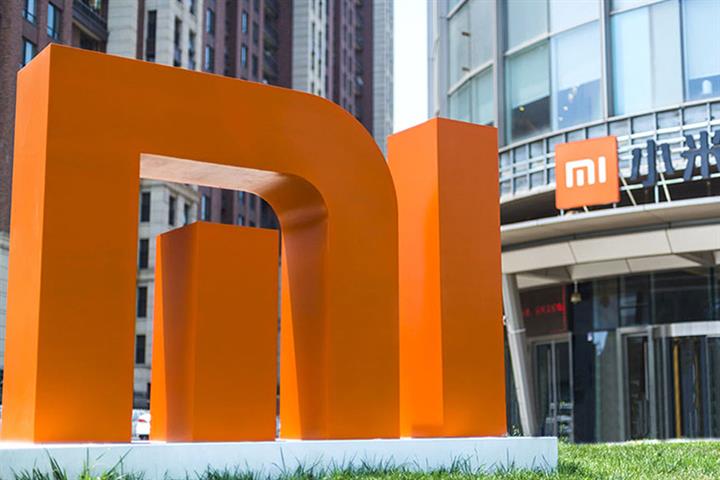 Xiaomi, Huawei Are in Talks After Huawei Sues Phone Maker for Alleged Patent Infringement
Xiaomi, Huawei Are in Talks After Huawei Sues Phone Maker for Alleged Patent Infringement(Yicai Global) March 2 -- Xiaomi said it is in negotiations with Huawei Technologies after the telecoms equipment giant reportedly filed a lawsuit against the handset maker in a patent licensing dispute.
Both firms believe that cooperation on intellectual property licensing promotes innovation and benefits the public interest, and mediation is an effective method of reaching licensing agreements, Xiaomi told Yicai Global. It is an industry practice to resolve licensing issues through third-party mechanisms, the Beijing-based company added.
Huawei has not yet commented on the matter.
The Shenzhen-based Huawei is suing Xiaomi for alleged infringement of four registered patents, mainly related to wireless communication technology, smartphone photography, and screen lock technology. The lawsuit was filed on Jan. 17, China Intellectual Property News, which is managed by the China National Intellectual Property Administration, said on Feb. 24, without disclosing Huawei's claims.
As communication technologies continue to iterate and upgrade, patent disputes between manufacturers are proliferating. In recent years, major global firms, including US chipmaker Qualcomm, Swedish telecoms giant Ericsson, and Finland's Nokia, have filed patent lawsuits against handset makers such as Apple.
Fifth-generation smartphones will earn patent holders nearly USD20 billion a year in global patent revenues from 2025, with Qualcomm, Ericsson, and Nokia taking most of the royalties, according to a report by Strategy Analytics.
Phone makers mainly settle disputes by entering patent cross-licensing agreements. In December, Huawei said it made deals with China's Oppo Mobile Telecommunications and South Korea's Samsung Electronics while also renewing an agreement with Nokia.
Huawei led the global corporate world for patent applications last year, applying for 7,689, up 10.6 percent from 2021, according to a Feb. 28 report by the World Intellectual Property Organization. Samsung was second with 4,387 applications, and Qualcomm third with 4,387.
Editors: Dou Shicong, Martin Kadiev